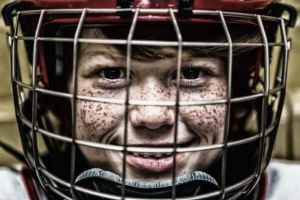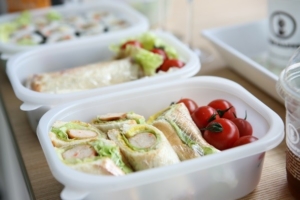 Brain injury is a common problem with young children, but a problem that can be avoided with a few preventative measures from parents. Brain injuries can be caused by trampoline accidents when children land on their head or neck, sports injuries are another common area that can result in brain injury and brain injuries among the skateboarding community are also very common.
Brain injury is a common problem with young children, but a problem that can be avoided with a few preventative measures from parents. Brain injuries can be caused by trampoline accidents when children land on their head or neck, sports injuries are another common area that can result in brain injury and brain injuries among the skateboarding community are also very common.
Many of these injuries can be prevented if parents to make sure their child wears a helmet anytime they are riding their bicycle, a skateboard or scooter and when skiing – water or snow. Avoiding pediatric brain injury can be done by making sure your baby or toddler is in the right car seat, booster seat or other appropriate child restraints for your child’s age, height and weight.
Getting your child or teenager to wear a helmet when it just isn’t “cool” can be a real challenge. One way to make it work is to show them the professional athletes who are wearing helmets doing the same activities your child loves to do – cycling, skateboarding and even skiing.
Even the smallest accident that involves a head injury can cause irreparable brain damage. Be sure to follow the same safety measures on a daily basis – no bicycling or skateboarding without a helmet and never go on a car ride without buckling up. Place infant seats, booster seats and other small child restraints in the back seat where they are safe from the air bags should they be deployed. Finally, lead by example. If you are on a family bike ride, be sure to wear your helmet and ever ride in the car without your seatbelts properly buckled.
For more information on childcare and parenting, check out Premier Academy’s Blog Page.

 One of the most common struggles parents have is dealing with picky eaters. Does any of this sound familiar to you?
One of the most common struggles parents have is dealing with picky eaters. Does any of this sound familiar to you?